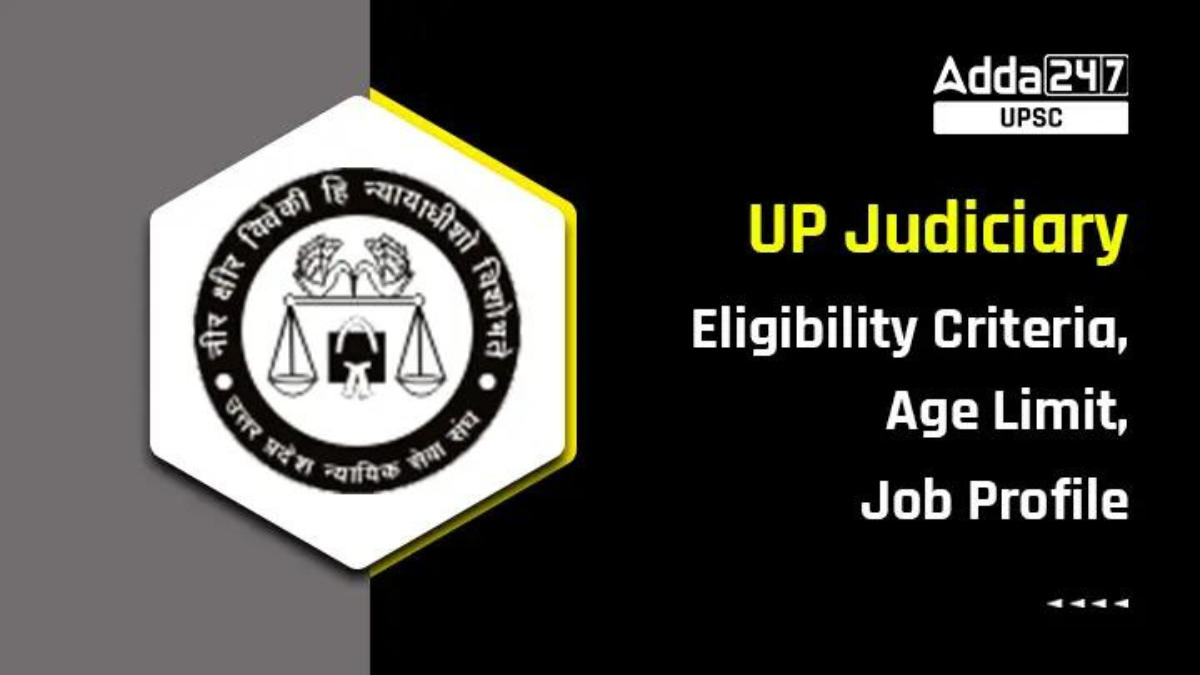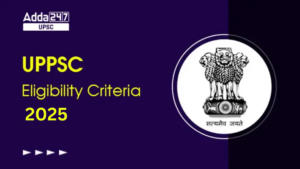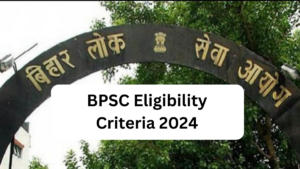Table of Contents
The Uttar Pradesh (UP) Judiciary is an important part of India’s judicial system, operating under the Indian Constitution. The UP High Court holds the highest authority in the state ensuring law enforcement and justice. Interested candidates should understand the UP Judiciary’s eligibility criteria, age limits, and job profile to meet the eligibility requirements.
UPPCS Judiciary Eligibility: Highlights 2024
To apply for UP PCS J, candidates must have a Law degree and must be between 22 and 35 years old. The selection process involves three stages: Preliminary exams, Main exams, and Interviews. The candidates interested in UP Judiciary Eligibility Criteria will also be interested in the UP PCS J exam overview.
| UP PCS Judiciary Eligibility Highlights | |
| Educational Qualifications | LLB Degree from any recognized university that includes LLB after graduation or five-year integrated LLB after 10+2 |
| Age Relaxation for OBC Category | 5 years |
| Age Relaxation for SC/ST/PWD Categories | 5 years |
| Age Relaxation for Sports person and Ex-servicemen | 5 years |
| Age Relaxation for Physically Handicapped Candidates | 15 years |
| Age Limit for General |
|
| Registration of Bar Council | Must be registered under the Bar Council Of India or eligible for registration |
| Nationality | Indian |
| Attempts | No limit |
| Work Experience | Not required |
| Language knowledge | Proficiency in Hindi (Devnagri Script) |
UP Judiciary Eligibility Age Limit
The age requirements for the UP Judiciary Eligibility are determined by UP PSC. For UP Judiciary Eligibility, candidates must meet the minimum age requirement of 22, and must not exceed the maximum age limit of 35 years as of the same date. Age relaxations are as follows for reserved categories:
| General | 0 years |
| Ex-serviceman, emergency commissioned officers, and short service commissioned officers | >5 years |
| Schedule Caste (SC) | 5 years |
| Schedule Tribe (ST) | 5 years |
| Other Backward Classes (OBC) | 5 years |
| Physically Handicapped | 15 years |
UP Judiciary Eligibility Educational Qualifications
To be eligible for the UP Judiciary, candidates must fulfill certain UP Judiciary eligibility educational criteria, which require them to hold a degree in Law (LLB) or an equivalent degree from a university recognized by the government and bar council.
Candidates must obtain three character certificates: one from the dean or principal of the institution where they got their lowest degree, and two from trustworthy individuals who know them personally. A reputable character is important for becoming a civil judge in the UP High Court.
UP Judiciary Nationality
Only Indian citizens are eligible to apply for these positions, and this is a important aspect of the application process. It should be noted that individuals holding foreign citizenship are not qualified to apply for the said positions.
UP Judiciary Physical Fitness
To be eligible for the position of civil judge, you must be in good mental and physical health with no impairments that could affect your duties. Additionally, a Medical Board must evaluate and approve you before appointment.
Domicile:
- Candidates must be natives of Uttar Pradesh.
- Domicile requirements are detailed in the official notification and must be met before applying.
Language Proficiency:
- Candidates must be proficient in Hindi (Devanagari Script).
- Effective linguistic skills are required for duties and responsibilities.
Job Experience:
- No job experience is needed to apply.
Important Points regarding UP Judiciary Eligibility
| Up Judiciary Eligibility criteria: Important Points |
| Character Assessment: Candidates must have a clean history with no criminal records. Negative traits or history can disqualify them.
Marital Status: Candidates must have only one surviving spouse. Eligibility Certificate: Must be authorized by the Government of Uttar Pradesh and presented at the time of appointment. No Objection Certificate (NOC): Required for candidates working in government or public sector organizations, and local bodies, during the application process. |
UP Judiciary Exam Selection Process 2024
The UP Judiciary Exam 2024 has three stages: prelims, mains, and interview. Candidates must pass each stage to move forward and secure final selection.
| Preliminary Examination (Prelims): |
|
| Mains Examination: |
|
| Interview Round (Viva-Voce): |
|
Marks required for UP Judiciary Eligibility
| Marks required for UP Judiciary for Qualification |
Qualification Marks:
|



 UPPSC Eligibility Criteria 2025, Qualifi...
UPPSC Eligibility Criteria 2025, Qualifi...
 UPSC EPFO Eligibility Criteria 2025, Qua...
UPSC EPFO Eligibility Criteria 2025, Qua...
 BPSC Eligibility Criteria 2024, Age Limi...
BPSC Eligibility Criteria 2024, Age Limi...
